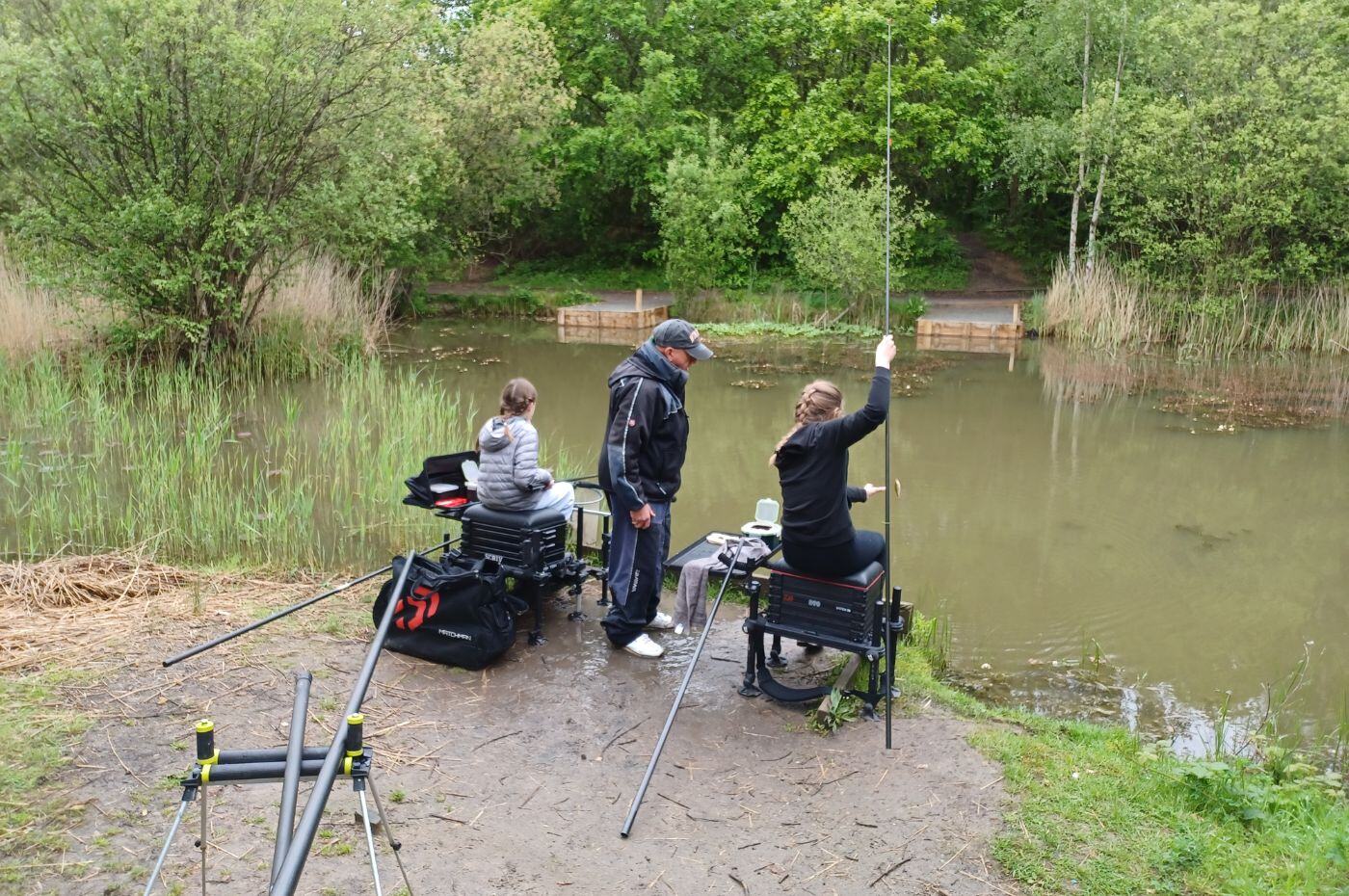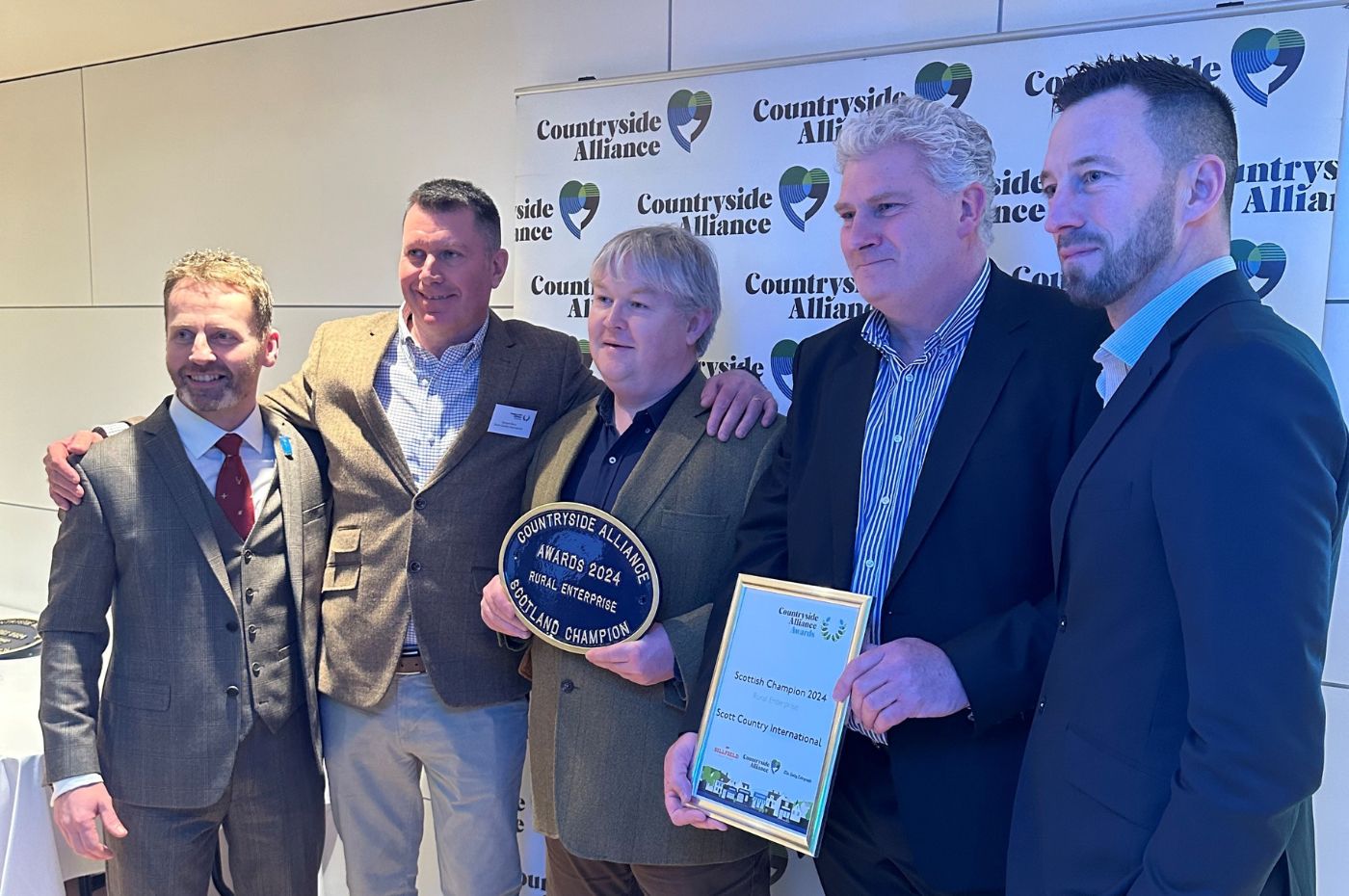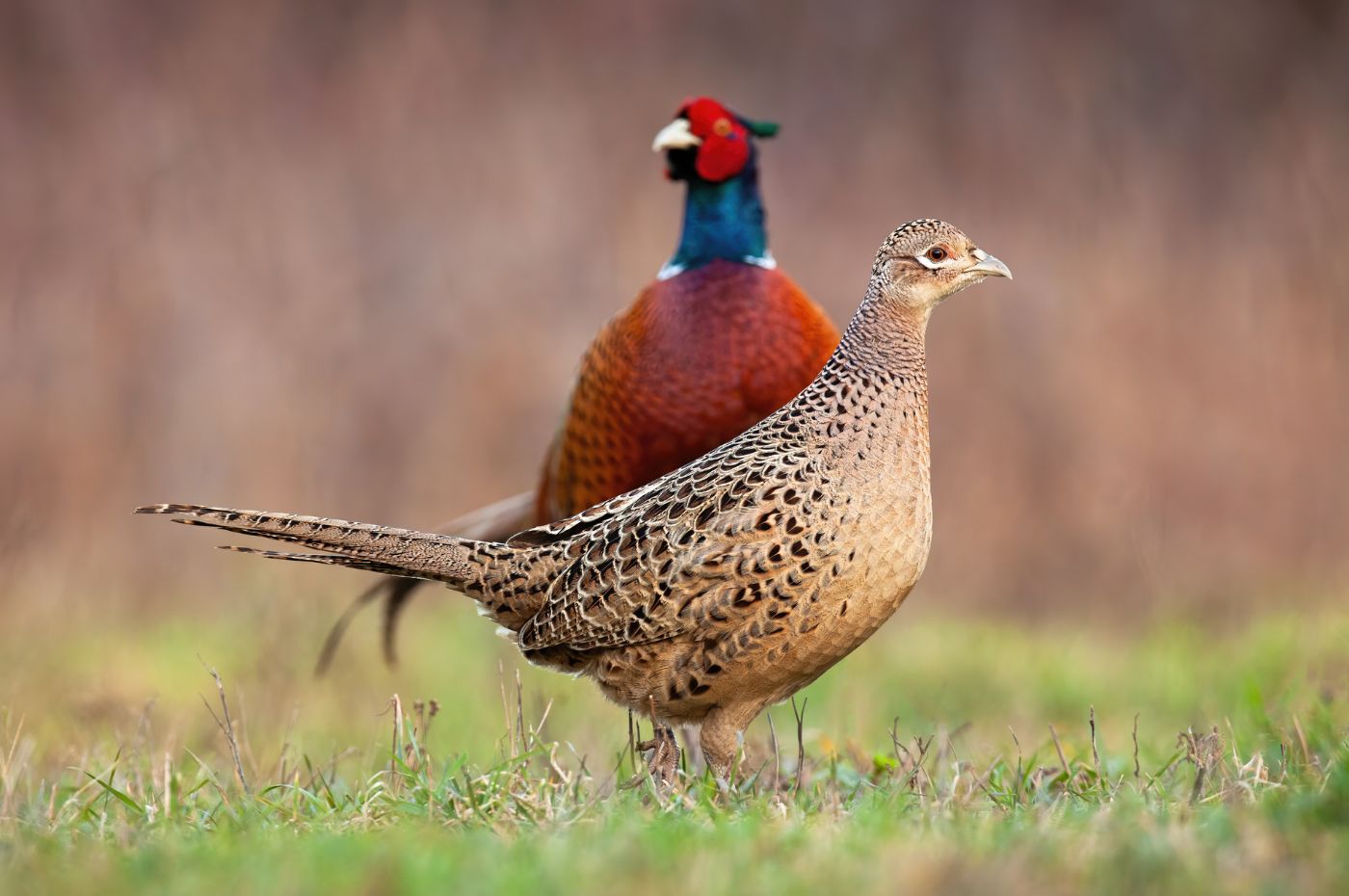Last chance to nominate your favourite rural businesses
Scotland takes great pride in its heritage and in the rural businesses shaped...
View Details
Time and again it is subjects such as the arts, outdoor education and music that is cut from the school budget owing to lack of funding, yet these topics should be an essential part of a student’s school day to provide an enriching and fulfilling education for our young people. Are we failing their development into well-rounded members of society by eroding the very subjects that many adults use as a way to improve their mental and physical health and well-being.
Take outdoor education as an example. When I was at school many moons ago, I was lucky enough to take part in a week-long camp to Dounans in Aberfoyle. This was my first time away from my family, and what an adventure I had! The experience stayed with me and taught me about resilience, teamwork, learning new skills, and empathy towards others. It also gave me a love of the outdoors and to this day I still enjoy wandering across the hills and mountains of Scotland as often as I can.
Liz Smith MSP recently announced her Members Bill for Schools (Residential Outdoor Education) (Scotland) Bill, which hopes to introduce legislation to provide government funded residential outdoor education for all state and grant-aided schools in Scotland. Currently only a quarter of Scotland’s primary pupils and a third of secondary pupils attend residential outdoor education.
We believe, like many other organisations that outdoor education is vitally important for all children, regardless of their background and social circumstances. The benefits of providing residential outdoor education to every pupil is well documented, including benefits for mental well-being, improved self-worth, increased social interaction and confidence. The outdoor learning environment will also introduce children to Scotland’s plentiful outdoor spaces and the many activities and sports on offer, such as fishing, shooting, bushcraft and more, which they may not be able to experience otherwise without the necessary government funding.
Children and young people with additional support needs should have the opportunity to enjoy the benefits of outdoor learning activities. With some forward planning and the right support in place, their participation can be made possible. While there may be additional costs involved, it’s important that the government remains committed to getting it right for every child.
The Countryside Alliance currently run a hugely successful Fishing for Schools initiative, which seeks to educate children from a variety of backgrounds and abilities, struggling to cope with the daily pressures of life.
Since its inception in 2007, Fishing for Schools has been dedicated to transforming the lives of disadvantaged children and young people by taking them out of the classroom and into the countryside. The programme harnesses the art of fishing as a powerful platform to cultivate essential life skills such as communication, teamwork, problem solving, and resilience. The Fishing for Schools team support and nurture young people as they discover the world of angling— both as a recreational pursuit and a unique pathway to learning. Learning should take place both inside the classroom and in the great outdoors, ensuring that education is a transformative journey, encompassing not only academic achievements but also personal growth and development.
It is initiatives such as this that can bring hugely positive benefits to the lives of children and young people. What is not to like about getting outside, casting a line at a nearby river or loch and simply being present with nature? This experience could mark the beginning of a young person’s journey toward a career in the countryside—one they might never have considered without the opportunity to engage in outdoor education through their school. We need our young people to live and work in rural areas to maintain a thriving and economically rich countryside, by showing them that they can have a fulfilling career in farming, forestry, conservation, gamekeeping, fishing, or land management. This is achievable with the support and growth of initiatives such as the Scottish Government's Learning About Forests (LEAF) programme and Thrive Outdoors, as well as organisations like NatureScot and Learning through Landscapes.
Ms Smith presented a compelling and confident case for her Bill, which gained the support of the majority in the Scottish Parliament. However, the issue of funding for these residential activities sparked considerable debate among all parties. Encouragingly, MSPs from across the chamber expressed a shared view that funding should be identified and allocated to support this service. Jamie Greene MSP, posed the question:
“How much money would the national health service save if young people go on to lead better, healthier and happier lives? How much money would the justice system save if young people were less likely to interact with it, or with the police, courts or even prisons? How much money would social services or the third sector save if their interventions were enhanced or even replaced by residential learning experiences?”
This is a very interesting argument, and one which the government need to consider very carefully. The Scottish Countryside Alliance have always advocated for outdoor educational learning experiences. This Bill can work and has to work. After all, children and young people are the future caretakers of our wonderful countryside and environment, and we must help to develop a love of nature and the outdoors for every child in Scotland.
This article was originally produced in the Farming Scotland May-June 2025 Issue and can be viewed on pages 92-93 here.

Scotland takes great pride in its heritage and in the rural businesses shaped...
View Details
Stage 2 of the Natural Environment (Scotland) Bill continues to be debated by...
View Details
The Rural Affairs and Islands (RAI) Committee recently met to debate amendments...
View Details